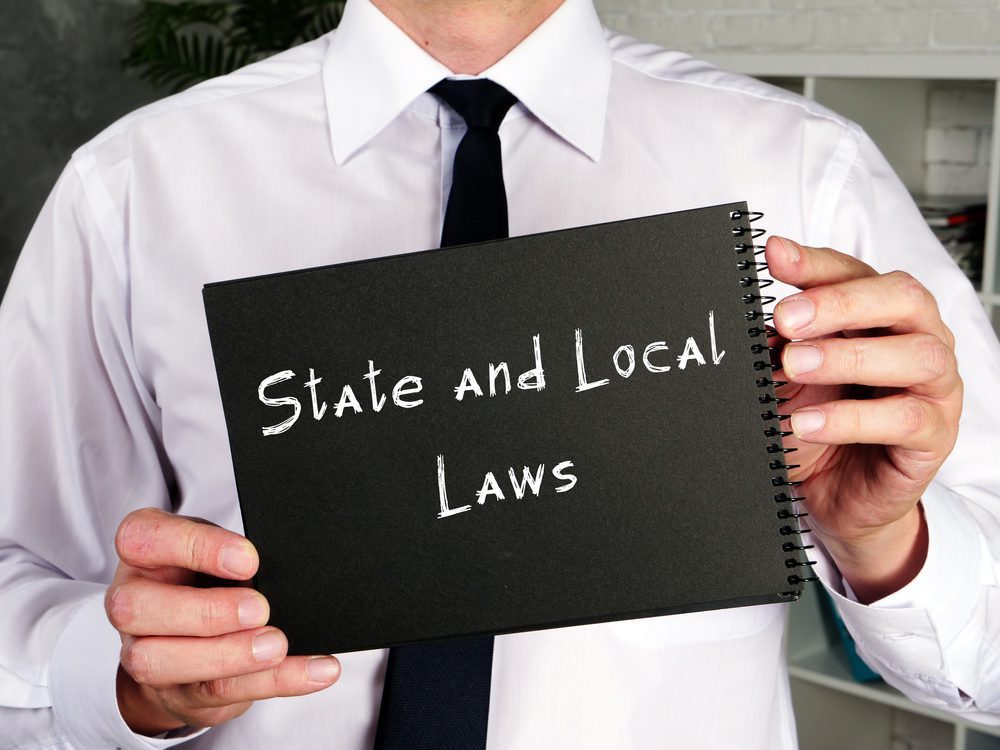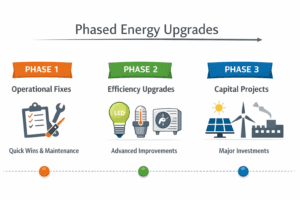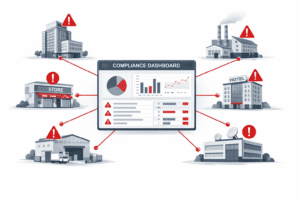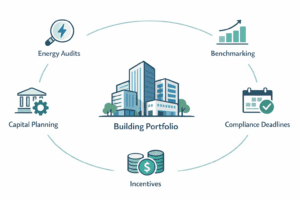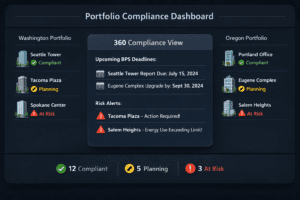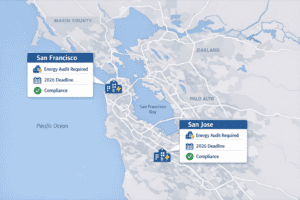A Complete Guide to NYC Local Laws: LL87, LL84, LL133, LL33
Are you looking to stay informed of the local laws in NYC? There’s a lot to learn, from understanding energy and water efficiency requirements such as Local Laws 84, 87, and 133 to safe workplace regulations like Local Law 33. That’s why we’ve created this ultimate guide – with all the facts you need so that your business remains compliant with New York City legal ordinances. Get up-to-date on what these local laws entail, how they affect day-to-day operations at your business, and more. Read on for our complete breakdown of NYC Local Laws!
What are LL87 guidelines?
LL87 guidelines are energy efficiency regulations administered by the NYC Mayor’s Office of Sustainability. Its goal is to reduce energy usage of private buildings in New York City, focusing on energy efficiency. The guidelines also educate building owners and managers about energy-saving strategies such as retrofitting, energy management system installation, or energy star program compliance. To comply with LL87, building owners must conduct an energy audit and submit an Energy Efficiency Report every 10 years that outlines any energy savings opportunities found during the audit. Ultimately, this program leads to more energy efficient buildings across New York City and significantly reduces energy waste, CO2 emission and business costs.
What is Local Law 87 for new buildings?
Local Law 87 (LL87), or NYC Benchmarking Law, is an energy efficiency grade system that reduces energy consumption in new buildings. This energy conservation process requires energy audits and energy-saving efficiency measures for new buildings within the 5 boroughs of New York City. Different energy metrics are considered when evaluating energy usage of these buildings, that may include things like energy intensity rating, fuel use monitoring, and tracking energy performance on an annual basis. The goal of LL87 is to help reduce CO2 emissions and increase energy efficiency of new building developments by encouraging retrofitting and upgrading existing buildings to be as energy efficient as possible.
What are Local Law 87 violations?
Local Law 87 was enacted in 2009 by the New York City Council and required covered buildings in excess of 50,000 square feet to conduct an energy audit and retro-commissioning every 10 years. Established by the New York City environmental protection agency, this law reduces environmental pollution by improving poor building conditions that lead to wasted energy and diminish environmental quality.
Failure to comply with Local Law 87 creates a violation, including fines for those not adhering to its standards. The law also requires that property owners submit a Benchmarking report annually for all properties over 25,000 square feet to adjust any areas of excessive energy consumption data or mismanagement. Despite its complexities, overall Local Law 87 aims to decrease environmental pollution through improved building compliance.
What is LL84?
LL84, or Local Law 84, is an energy conservation law that requires all building owners in New York City to submit energy data that is then used to calculate the energy efficiency score of a building. The energy score measures how much energy each property uses and is expected to be included on disclosure forms whenever a property changes hands. It also assists city government officials in creating policy initiatives related to energy conservation.
LL84 encourages buildings to address energy concerns and be more conscious of their environmental footprint. By providing building owners with detailed energy data, the law helps create an environment in which energy efficiency and conservation are encouraged and doable goals for many property owners across New York City.
What are Local Law 84 violations?
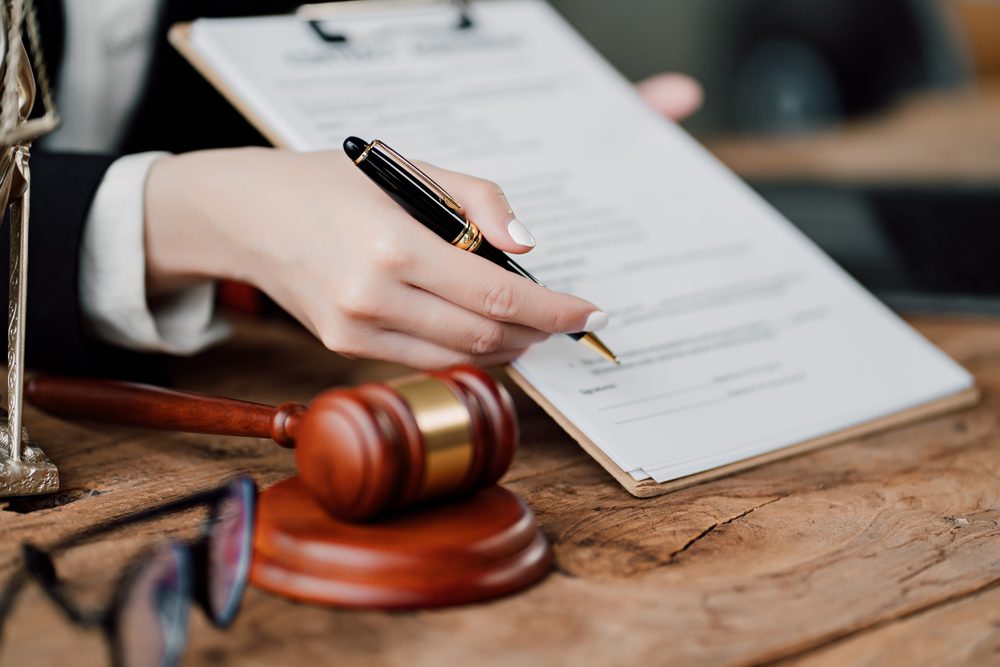
Local Law 84 violations can have a serious impact on the building owner. This law, passed in New York City, requires property owners and building operators to perform energy benchmarking and rating surveys annually. Buildings that do not comply with the mandated results are subject to substantial fines for every month of non-compliance. To make matters worse, these fines will continue to accumulate as time passes until the necessary adjustments are made to the energy benchmarking survey results.
Therefore, it is absolutely essential for all property owners and building operators to conduct their energy benchmarking analysis each year so they can avoid violation fees. Owners and operators can protect themselves from hefty fines or potential legal action by understanding Local Law 84 violations and how they may apply to their property.
What is NYC Local Law 84 benchmarking?
NYC Local Law 84 benchmarking is an initiative to create greater transparency around buildings’ energy and water usage. This law requires all privately-owned buildings over 50,000 square feet to submit annual reports to the City’s Department of Buildings on their current and historical energy and water performance. By tracking the energy and water use data over time, LL84 helps uncover energy-saving opportunities, identify areas for improvement, engage occupants, inform local businesses on how to save money through reductions to their utility costs and much more.
LL84 benchmarking allows property owners and other stakeholders to understand their building’s environmental footprint better while saving money in operating expenses. It also supports the City in meeting its climate goals by helping buildings reduce greenhouse gas emissions citywide.
Additionally, LL84 promotes increased disclosure of building energy efficiency information which can open up many development possibilities, such as leasing larger spaces or expanding a business into new buildings throughout NYC. With all these points in consideration and the support of this law, NYC is sure to set new standards for sustainable buildings.
Who needs to comply with LL84?
LL84 is an energy efficiency law in New York City that requires buildings to comply with stringent energy conservation standards by performing regular benchmarking and audits. Building owners responsible for LL84 compliance should ensure their building meets all the requirements before filing a benchmarking report with the city. Additionally, they must submit an Energy Efficiency Report (EER) every 10 years showing progress toward meeting the established efficiency goals.
Tenants or co-owners who have been issued common area EERs will be responsible for ensuring their building portion is compliant. When multiple entities are associated with a part of the building, they must work together to ensure their sector fulfills its obligations under LL84.
Property managers and service providers such as HVAC contractors can assist in ensuring that energy benchmarks are met and advise on any necessary maintenance that needs to be done in order to stay compliant. Ultimately, it’s important for everyone involved in running a building to understand their responsibilities when it comes to complying with LL84 and working together for greater success.
What is Local Law 133?
Local Law 133 is an extraordinary piece of state legislation enacted recently to improve the City of New York’s commitment to sustainability. The law requires all new and existing buildings larger than 25,000 square feet to reduce their energy and water usage by a certain percentage each year for ten years through the installation of energy-efficient systems.
This mandate has made New York a leader in green building construction, placing it at the forefront of sustainable cities worldwide. The impressive effects are already seen in city-wide efficiency savings on utilities, not just within buildings subject to the improvements but across surrounding neighborhoods. More people are embracing renewable sources of energy, creating jobs while making progress toward reducing emissions and bringing us closer to our sustainable future goals.
What are Local Law 133 violations?
Local Law 133 is an important part of the New York City legislation that ensures buildings and businesses adhere to building codes and regulations. City officials take any violation of Local Law 133 very seriously, as these laws exist to ensure safety for New Yorkers. These violations can range from heavy fines to possibly even a closure of the business or suspension of certain permits depending on the severity of the violation. Examples can include anything from a lack of compliance with fire alarm installation or inspection standards, not having enough exits during emergencies, failure to have adequate sprinkler systems, high-rise buildings not providing proper stairwells and handrails as mandated by law – it’s incredibly important for everyone in NYC to comply with this legislation so that everyone can stay safe.
What is NYC Local law 33?

NYC Local Law 33, also known as the Responsible Professional Practice Law, is an effort by the city to ensure that real estate practices in New York City meet professional standards. Passed in 2008, the law outlines ethical and responsible behavior from professionals involved in real property transactions, including licensed attorneys and brokers.
In addition to robust recordkeeping requirements, these professionals must adhere to specific guidelines regarding representing clients and providing accurate property information. Ultimately, this law ensures that all parties involved receive professional services and protection under the law when participating in these types of negotiations or transactions. Furthermore, with the relevant authorities understanding high levels of compliance among these agents, buyers and tenants can feel comfortable knowing they are getting good representation when conducting their business related to real estate transactions.
What are Local Law 33 violations?
Local Law 33 violations can range from minor errors to serious offenses. These violations refer to any violation of the New York City’s code related to air pollution, especially those heard through excessive noise. Common Local Law 33 violations include failing to adhere to the city’s noise code, operating loud machinery late at night, failing to pay the noise permit fee, using generator sets at construction sites that exceed sound limits, and playing music or sound systems in public areas without a sound permit.
If caught violating one of these laws, you could face serious fines and/or jail time, depending on how severe the violation is. It is important for all citizens living in New York City to be aware of Local Law 33 so they are not unintentionally put themselves at risk for such penalties. Repeated violations can lead to even more serious consequences, so it’s best to try and stay within the law whenever possible.
Who Should Comply With LL33?
LL33 is a phenomenon sweeping the fashion industry, with many brands striving to comply with its principles. It’s a set of regulations for responsible production and consumption practices, primarily focused on reducing the fashion industry’s negative environmental impacts. Consequently, any fashion producer or consumer concerned about their role in protecting the planet can adhere to LL33 standards. For example, production processes must be traced from volume to material factor level to ensure personal responsibility through minimum health and safety certification.
Furthermore, ethical labor practices should be upheld and hazardous chemicals minimized during manufacture without compromising efficiency or quality. Consumers can equally show their commitment by merely being informed on issues related to sustainable fashion, such as purchase decisions and garment care throughout use over time.
Various resources such as sustainability reports and certifications by organizations, including Greenpeace and Organic Exchange, go some way into informing people on how companies are working towards this goal. LL33 has set high benchmarks in the effort to reduce waste, leaving the individual responsible for doing their part if we are all going to contribute further in this mission!
The Final Word
If you are looking for help with energy efficiency in your building, contact VertPro. We’re experts at LL87 and can advise you on complying with the city’s local laws. Schedule a consultation with us today.


